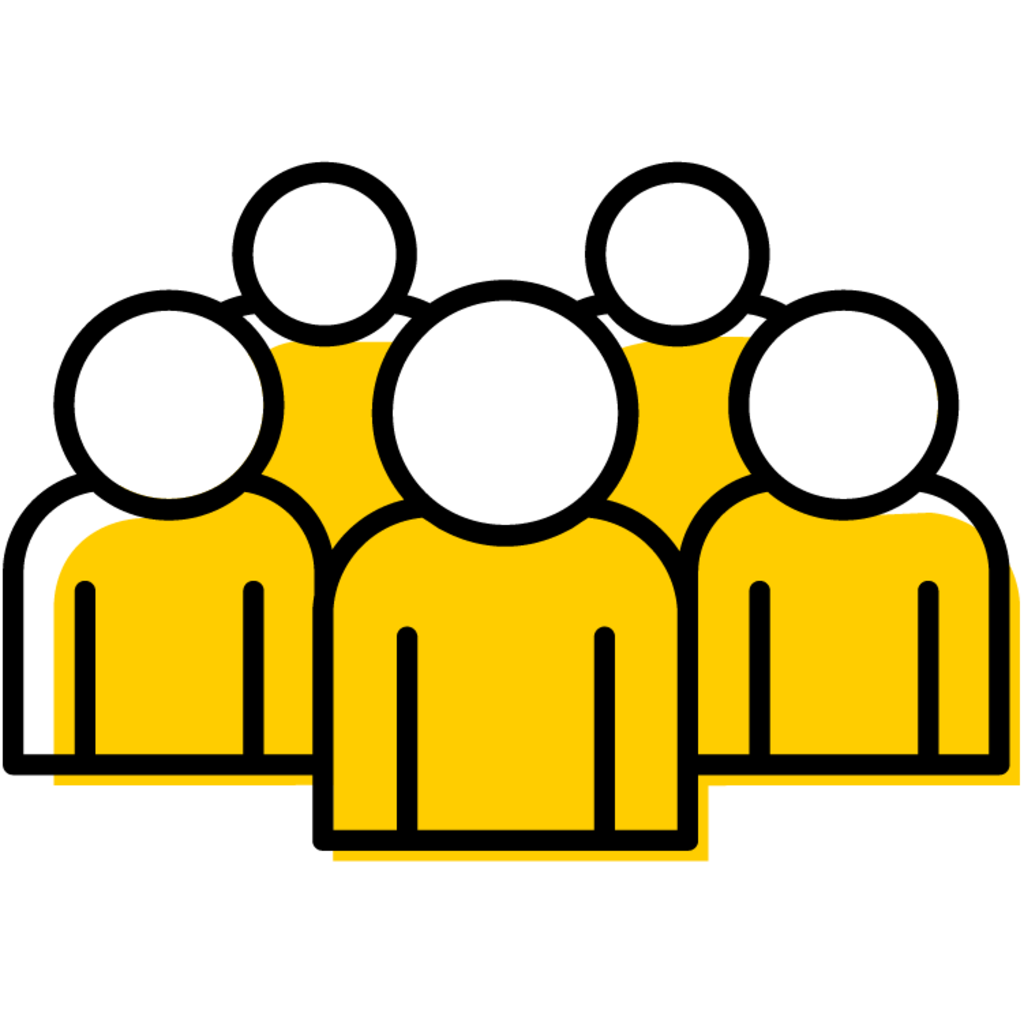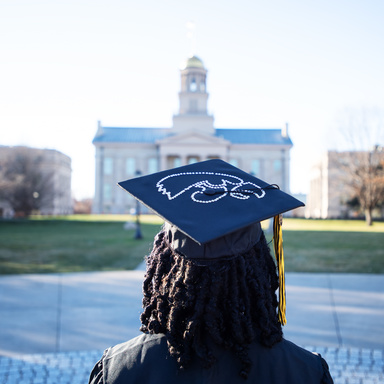
Student Narrative
About 1 in 5 undergraduate students at the University of Iowa identifies as first-generation.

Academic Profiles
The academic profile of new, first year first-generation students is comparable to the profile of continuing generation students in terms of average ACT score and high school GPA.
First-gen students bring many assets to college!
First-gen students' tremendous contributions to the University of Iowa, both inside and outside of the classroom, enhance and improve our community! In addition, first-gen students have a lot to celebrate, and they bring a remarkable set of assets to college that help them succeed. Many first-gen students exhibit:
- high amounts of resiliency and grit;
- an outstanding ability to navigate systems;
- numerous unique academic and personal experiences and accomplishments to draw from;
- a strong desire to create a more equitable world and to give back to their communities;
- a wide range of diverse perspectives that enrich the campus community and contribute to everyone's learning and personal development.
Historical Context
While programs that support first-generation college students have existed on the University of Iowa campus since the mid 1960's, the past decade or so has seen a particularly large growth in new programs aimed at supporting student success. During this time, when entering class sizes have steadily increased, University of Iowa retention and graduation rates have also increased. However, persistence and completion rates for first-generation students changed relatively little during this same period, and in fact, continued to lag behind their continuing generation peers.
For example, in Fall 2017, the enrollment status of Fall 2016 entering students who identified as continuing generation students noted that 88.19% of these students were retained, compared to 79.62% of first-generation students. Evidence such as this contributed to the institution’s decision to focus its most recent HLC Quality Initiative on supporting students in groups that have been shown to be at greatest risk of not completing a degree, which included first-generation students.
Nearly 30 distinct campus initiatives have been identified that support the success of students in groups known to be at risk. This network of programs reflects both grassroots and centralized initiatives, informed by institutional research, examination of peer practices, and national studies of student success in higher education. Some of these initiatives were already in place prior to the Quality Initiative, some were launched to expand on these initiatives or move into new areas they did not address, and some are still being designed or piloted.
The HLC initiative was characterized by cross-campus collaborations at each stage of planning and implementation. During Year One, the Provost’s Office created a Student Success Task Force, a group of 35 faculty, staff, and administrators, to more extensively examine curricular and other structural challenges which may be posing obstacles to undergraduate persistence and success. During Year Two, among other things, the First-Generation Task Force was established to build on the work of the Year One Task Force and to identify faculty and staff practices that more effectively support first-generation students.
The First-Generation Task Force officially launched in spring 2017, and the group has continued to work towards its initial goal of supporting first-gen students through evidence-based practices that focus on the role of faculty and staff in first-gen students' success.
